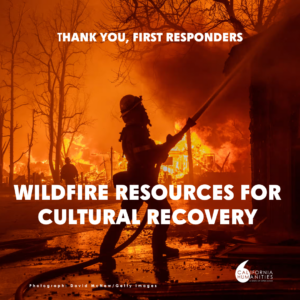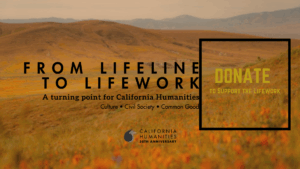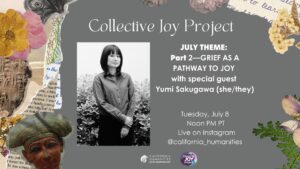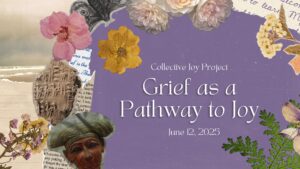By Kris Clarke, Ph.D (Literature & Medicine facilitator in Fresno)
I first learned about the intersection of literature and medicine when I heard Dr. Rita Charon speak at a narrative conference in Tampere, Finland in 2011. As a former English major turned social worker, the recognition that healing springs from listening deeply to the narratives of those suffering resonated with me. Healing, after all, emerges from connection and recognition. Stories help us uncover the layers of experience and bring out the rich context of our lives while dealing with adverse events, such as illness and trauma. As the practice of medicine has become more driven by technology and specialization, the need for a holistic approach to encountering the diversity and complexity of the experience of illness is ever more pressing.
The California Humanities Literature & Medicine program has brought discussion groups to VA hospitals throughout the state, which has provided staff with an important opportunity to engage in some of the deeper conversations about care, stories, and meaning in their everyday work. Research has shown that literary studies improve practitioners’ ability to interpret patients’ clinical stories of pain and suffering. Literature and medicine programs also develop practitioners’ own self-reflection skills, which increases job satisfaction and team cohesiveness and, in turn, enhances care.
In April of 2016, I was invited to the University of Tartu, Institute of Social Studies in Estonia to lead a seminar on the method of literature and medicine with a focus on veterans. The aim of the seminar was to introduce some of the central ideas of the California Humanities Literature & Medicine program and to discuss its utility, particularly in relation to social work with veterans. Participants in the Tartu seminar included graduate students in social work, staff from the Ministry of Defense and Defense Resources Agency, medics from the First Infantry Brigade and Defense Forces psychologists as well as a chaplain.
The Estonian context is quite different than the U.S. Estonia regained independence in 1991 following the collapse of the Soviet Union and it joined NATO in 2004. The Estonian Defense Forces are rather small: there are approximately 6000 members, with half made up of conscripts. Similar to many Nordic countries, Estonia conscripts young men for an 8-11 month period of military service. The newly independent Estonian Defense Forces had their first combat experiences in Iraq in 2003. They have also served in Afghanistan. As a small country of about 1.3 million people, Estonia has a national health service with a special Defense Forces Health Center that provides care and rehabilitation to service members. The issues surrounding contemporary soldiers and veterans are thus tied to the reformation of Estonian identity and society, especially with regard to the service obligations of NATO membership.
As part of the seminar we read and discussed excerpts from Nobel Prizewinner Svetlana Alexievich’s Zinky Boys: Soviet Voices from the Afghanistan (1989), a devastating collage about the experience of war. The title comes from the fact that the Soviet war dead were returned home in hermetically sealed zinc coffins often in the middle of the night (also in the Estonia of that time). The book deals with all of the conflicting emotions that arise from the vast difference between official narratives and lived experience. Alexievich brings out rich multi-vocal narrations about the Soviet war in Afghanistan, a legacy that still overshadows feelings about Estonian military involvement abroad. In her Nobel Prize acceptance speech, she wrote: “I collect the everyday life of feelings, thoughts, and words. I collect the life of my time. I’m interested in the history of the soul. The everyday life of the soul, the things that the big picture of history usually omits, or disdains. I work with missing history.”
In an age where we trust in evidence-based solutions for most health issues, our discussions created a fertile space to consider veteran patients and clients as situated in distinct contexts and historical legacies. The seminar went by far too fast and we continued our conversation over coffee and cakes at the iconic Werner’s Cafe. The Literature & Medicine program connects our clinical and human sides to create a rich engagement with the everyday lives of our service users as we work towards healing together.






